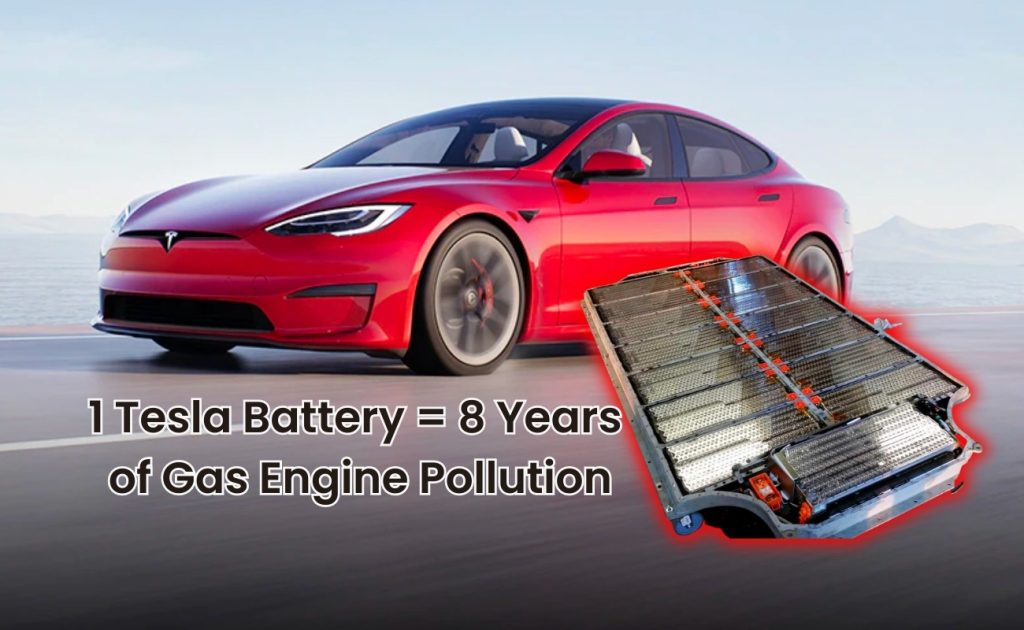
As the world grapples with climate change and the need to reduce greenhouse gas emissions, the transition to renewable energy sources like wind, solar, and hydropower is gaining momentum.
Tesla has been the front-runner in the race for environmentally friendly EVs. However, this shift to cleaner energy will require vast amounts of minerals, to produce batteries. Many of these are currently obtained through mining, which can have significant environmental and social impacts.
These minerals will need to be extracted, processed, and manufactured into batteries and magnets to power electric vehicles, among other applications. With the amount of mining and manufacturing involved in producing these components, there is a growing debate over whether Tesla electric vehicles are truly cleaner than their gas-powered counterparts.
This post will examine this issue in-depth and explore the research done in the field in terms of Tesla battery production and carbon footprints. Read on!
How Tesla Battery Production Is Causing Pollution?
It is a widely discussed topic that the production of electric car batteries, such as those used in Tesla vehicles, can have a significant carbon footprint. In fact, it has been reported that the production of an electric car battery can release as much CO2 emissions as driving a gasoline-powered car for 8 years.
This is largely due to the fact that the production of electric car batteries requires the mining and processing of materials such as lithium, cobalt, and nickel. These materials are often extracted through energy-intensive processes, and the manufacturing process itself requires significant amounts of energy. READ MORE...
Tesla has been the front-runner in the race for environmentally friendly EVs. However, this shift to cleaner energy will require vast amounts of minerals, to produce batteries. Many of these are currently obtained through mining, which can have significant environmental and social impacts.
These minerals will need to be extracted, processed, and manufactured into batteries and magnets to power electric vehicles, among other applications. With the amount of mining and manufacturing involved in producing these components, there is a growing debate over whether Tesla electric vehicles are truly cleaner than their gas-powered counterparts.
This post will examine this issue in-depth and explore the research done in the field in terms of Tesla battery production and carbon footprints. Read on!
How Tesla Battery Production Is Causing Pollution?
It is a widely discussed topic that the production of electric car batteries, such as those used in Tesla vehicles, can have a significant carbon footprint. In fact, it has been reported that the production of an electric car battery can release as much CO2 emissions as driving a gasoline-powered car for 8 years.
This is largely due to the fact that the production of electric car batteries requires the mining and processing of materials such as lithium, cobalt, and nickel. These materials are often extracted through energy-intensive processes, and the manufacturing process itself requires significant amounts of energy. READ MORE...
No comments:
Post a Comment